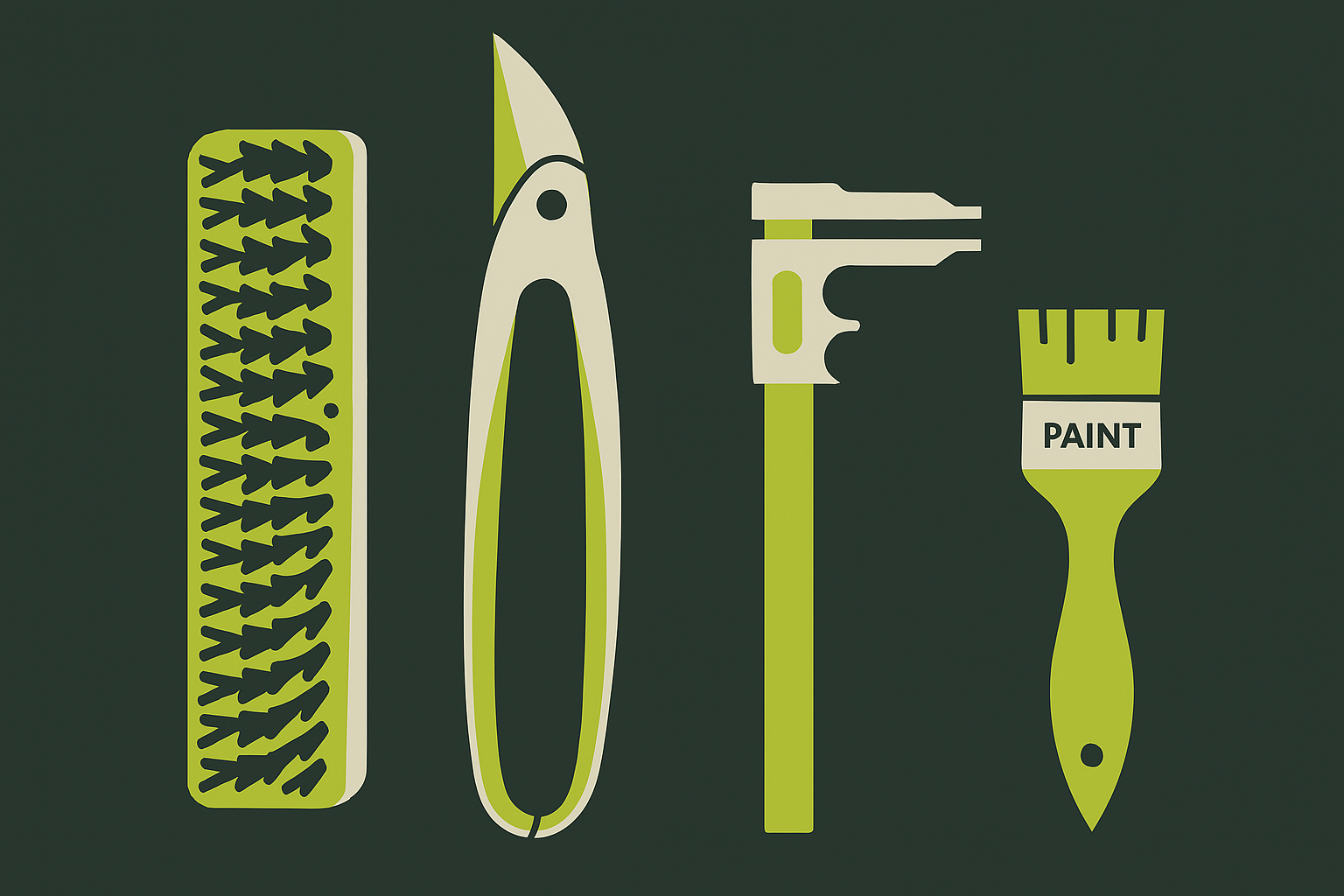I used to run my creative life through spyware.
Docs in Google. Tasks in Trello. Notes in Notion. It worked until I realized who else it was working for.
Every brainstorm. Every file. Every draft. Indexed, mined, and sold.
It’s not just about privacy. It’s about control. If your tools serve surveillance capitalism, they don’t serve you.
So I killed the stack. Burned it down. Rebuilt from scratch with tools that answer to me.
No fluff. No hype. Just what I trust now and why.
Tool #1: Google Docs → LibreOffice / Obsidian / Nextcloud
Google Docs is slick. But every keystroke trains their models. Your ideas are food.
What I use now:
- LibreOffice for local docs and to create PDFs
- Obsidian or gedit for quick writing
- Nextcloud for rare real time collaboration
No autosync. No cloud defaults. My words stay mine.
Why it matters:
Docs shouldn’t live on someone else’s server. Writing is thinking. I don’t let Big Tech read my mind anymore.
Tool #2: Trello → Focalboard
Trello got bloated. Then Atlassian bought it. Now it tracks everything.
What I use now:
- Focalboard for my content calendar, personal / project planning, and goals
Light. Fast. No spying.
Why it matters:
You shouldn’t need an internet connection or corporate API just to move a card.
Tool #3: Notion → Standard Notes + local files
Notion feels like digital heroin. Pretty. Addictive. Dangerous.
It stores everything in the cloud. Every thought. Every search. Every click.
What I use now:
- Standard Notes for synced, encrypted writing
- Local Markdown + git for versioned logs and research
It’s not as shiny. But it doesn’t track me.
Why it matters:
Notes are memory. If you don’t control your memory, who does?
Tool #4: Zoom → Signal
Zoom calls are recorded. Even if you don’t press “record.” Metadata logs. Facial data. Audio fingerprints. It’s all there.
What I use now:
- Signal voice/video for 1:1
Clients respect it. Conversations stay between us.
Why it matters:
When your calls shape strategy or IP, don’t hand them to a third party. Especially one that logs every word.
Tool #5: Dropbox → Rclone + Encrypted Sync
Dropbox is a metadata farm. Even if your files are “private,” your access logs, device IDs, and filenames are not.
What I use now:
- Rclone to sync to Nextcloud
- VeraCrypt for encrypted and hidden vaults
- Picocrypt for encrypting individual files or folders
If I lose the key, I lose the file. That’s the point.
Why it matters:
“Cloud” just means “someone else’s computer.” Encrypt first. Then sync.
What I Learned
Replacing these tools didn’t slow me down. It made me sharper.
I don’t waste time waiting for cloud sync. I don’t worry if a draft is leaking into someone’s LLM. I don’t wonder if I’ll get locked out.
This isn’t LARPing. This is creative freedom.
And no, it’s not perfect. Sometimes tools break. Sometimes I miss “share” buttons.
But I don’t miss being profiled. Tracked. Packaged as a product.
I use tools that serve me. Not advertisers.
-GHOST
Content
- Hash: 1fff2d623312fda82a87dbaf088085422130de903e95498408f3527e3f4d29b4 I-Killed-These-5-Tools
- Timestamp: npub1gxsss485j5yvwe7yffp48ddxr7qhshmzl9f8fvzrphltaj5zqaps8xkyrv 7/8/25, 10:15 PM (nostr:nevent1qvzqqqqqqypzqsdppp20f9ggcanugjjr2w66v8up0p0k972jwjcyxr07hm9gyp6rqyt8wumn8ghj7un9d3shjtnddaehgu3wwp6kytcpzamhxue69uhhyetvv9ujuurjd9kkzmpwdejhgtcpzdmhxue69uhk7enxvd5xz6tw9ec82c30qqsyfjdh5nn67eues6gxzf6h654jrskacp9elffrnh5f9fj0kdx0m2g0yhu4d)
